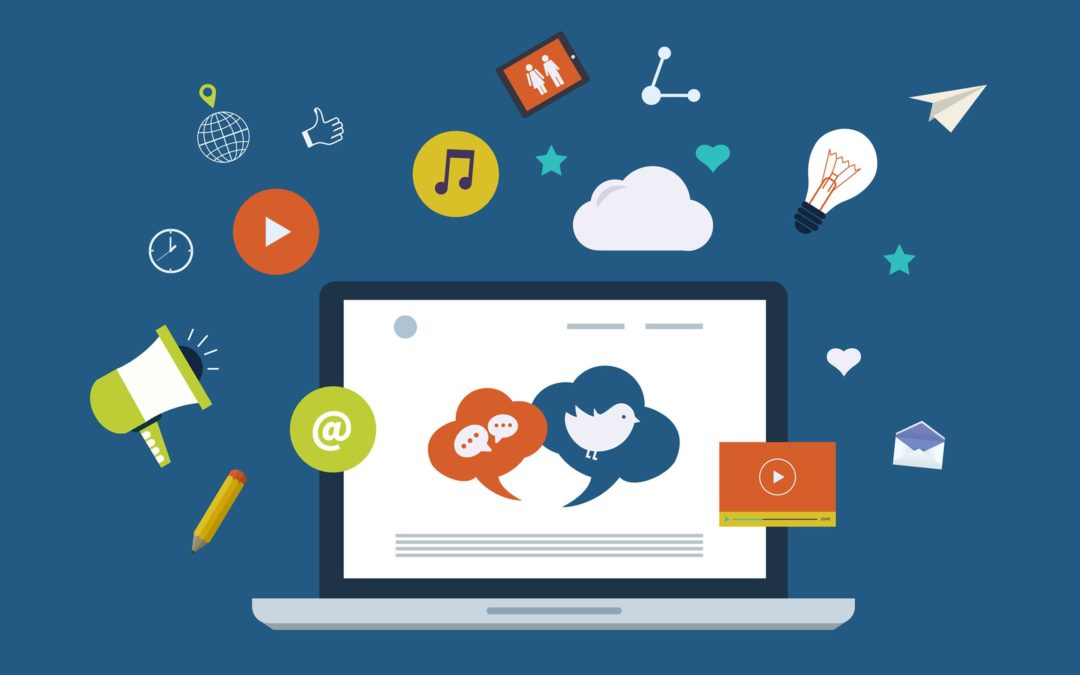Digital Citizenship is an extremely important concept to grasp, as it essentially determines the kind of experience we have online. We teach our children to be good citizens of the country, so it just makes sense that we’d help them become good digital citizens, too. Just like we teach our kids to navigate the streets of their home neighbourhoods, we should also teach them how to navigate the digital world.
In the same way that we are (presumably) citizens of South Africa, the second you interact with the internet you become a digital citizen. It could be something as simple as logging into your bank to check your account. Any interaction with the internet makes you a digital citizen, but it’s up to you whether you want to be a good or bad digital citizen.
A good digital citizen is someone who can safely and responsibly use the internet and digital tools in a way that betters their internet experience and the experience of others. According to Dr. Mike Ribble, the three principles of a responsible digital citizen are Respect, Educate and Protect. Good digital citizens look out not only for themselves but for others, too. They are aware of their digital rights and responsibilities, and they educate others on these rights and responsibilities.
Digital citizenship starts with advocating for equal digital rights and access to digital platforms, and when it comes to etiquette, they know that rules and policies aren’t enough. They aim to share their knowledge of appropriate digital conduct with others, so that the digital space they’re in becomes more bearable and an easier space to connect with others.
When it comes to education, digital tools have been integrated into the schooling system for quite a few years now, and with so many communications tools available to them, students need to learn which tools to use to effectively engage with their audience and get their message across. Good digital citizens have the ability to source, evaluate and cite reliable sources when sharing information online.
The internet is a vast place, and good digital citizens understand the way it works, which is via networking and interconnected servers. They are also aware of the risks of the internet and take precautions to keep themselves and others safe. When exposed to other internet users who lack internet etiquette, or Netiquette, they know how to diffuse a tense situation and they know how to educate others on proper internet protocols.
One of the most important parts of being a good digital citizen is knowing when to log off. Good digital citizens prioritize their time on their devices, ensuring their screen time is as productive as possible. They balance the time they spend in front of a screen with other important life activities, such as homework, house chores, eating and physical activities. They take pride in their digital wellbeing and encourage others to balance their time as well.
CyberSharp provides digital education in the form of age-appropriate e-Learning courses to ensure students are the best digital citizens they can be. We also provide advice and resources to teachers and parents wanting to improve their understanding of digital citizenship and their digital skills.

